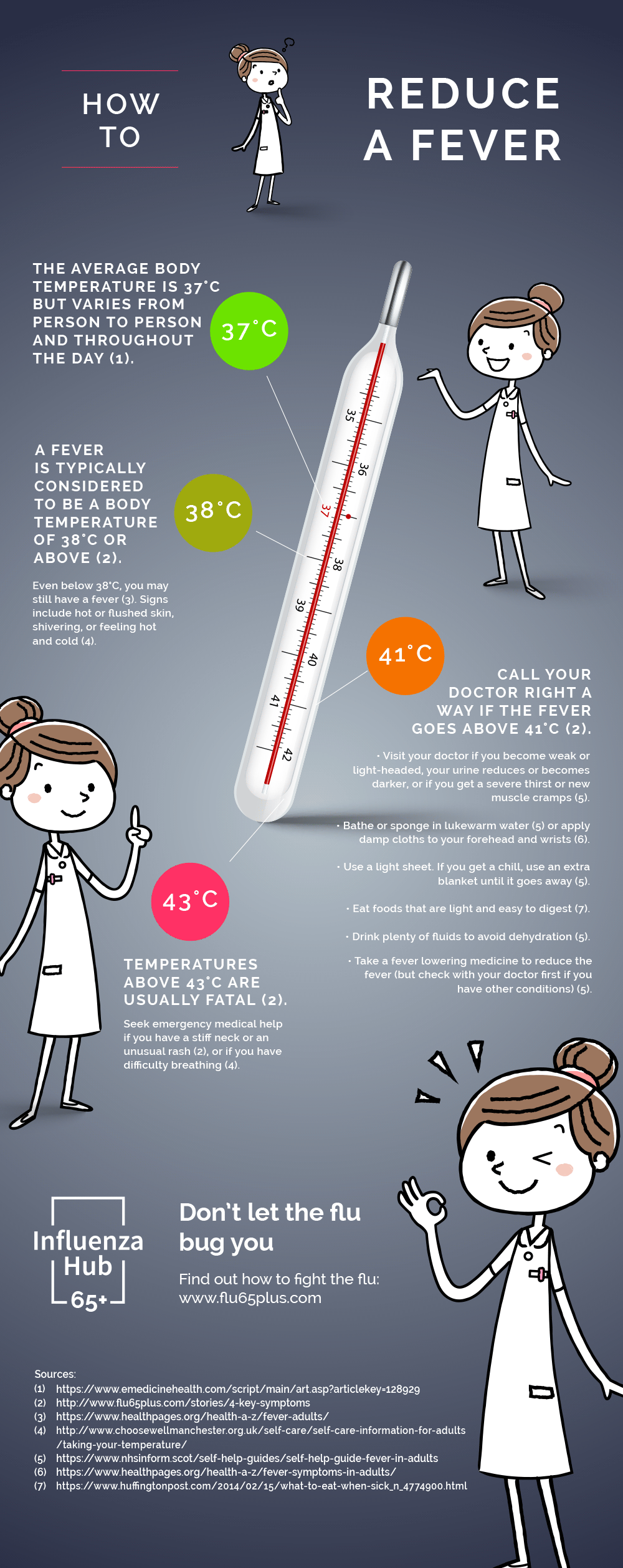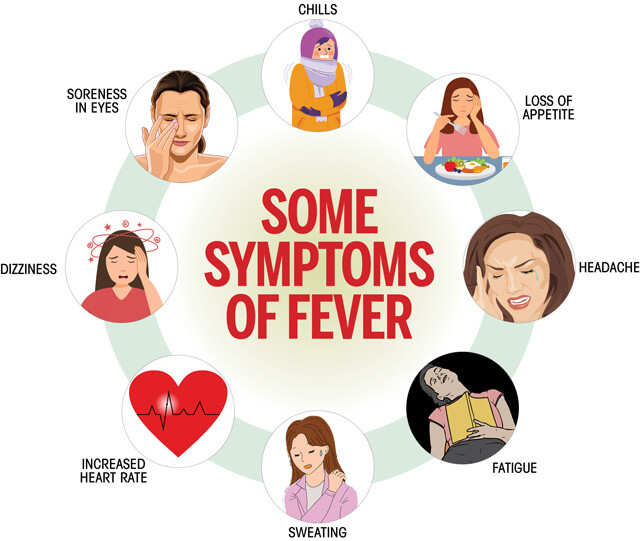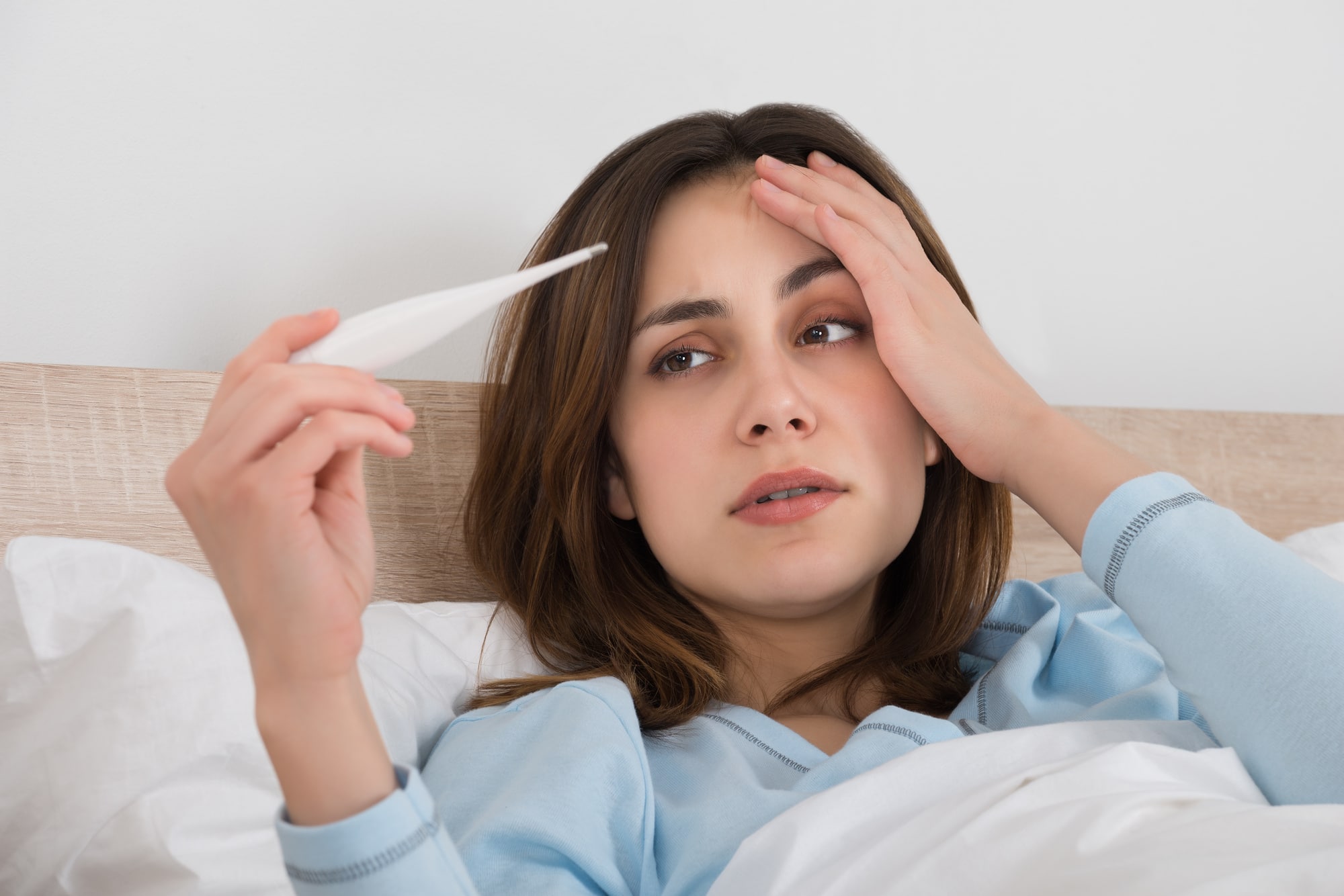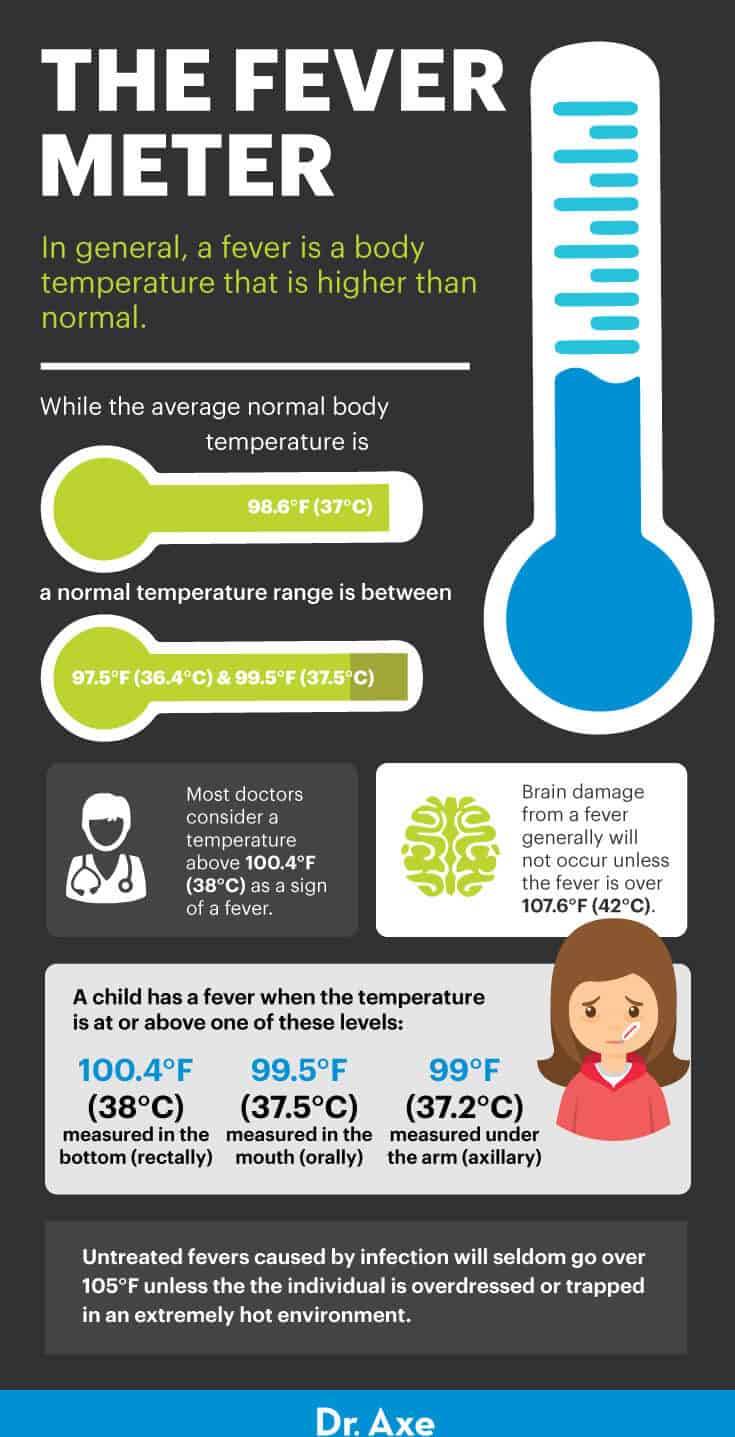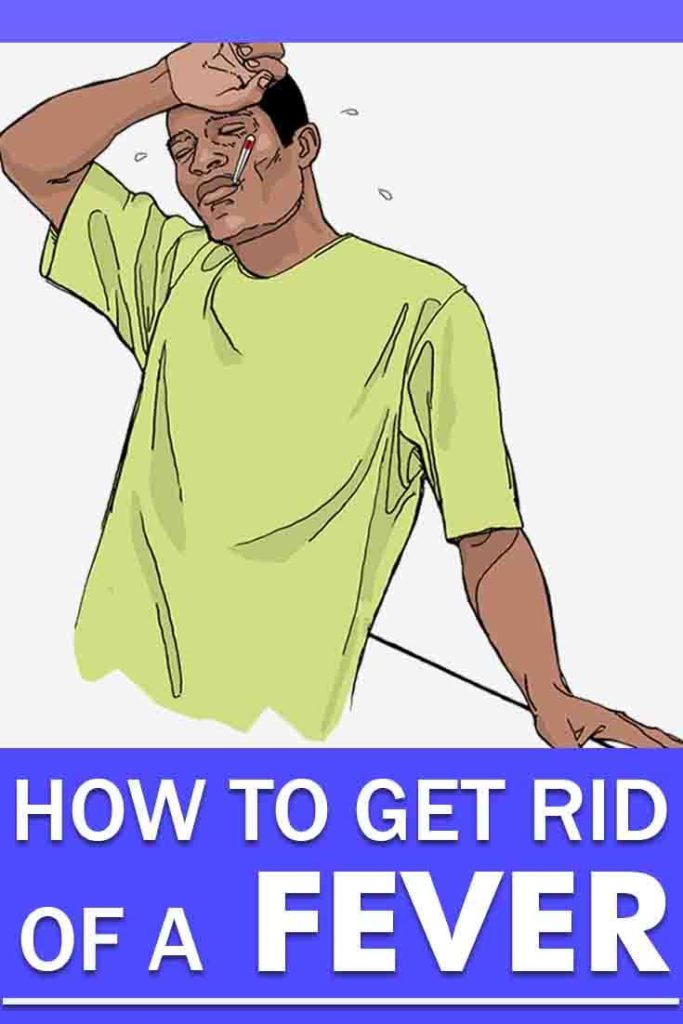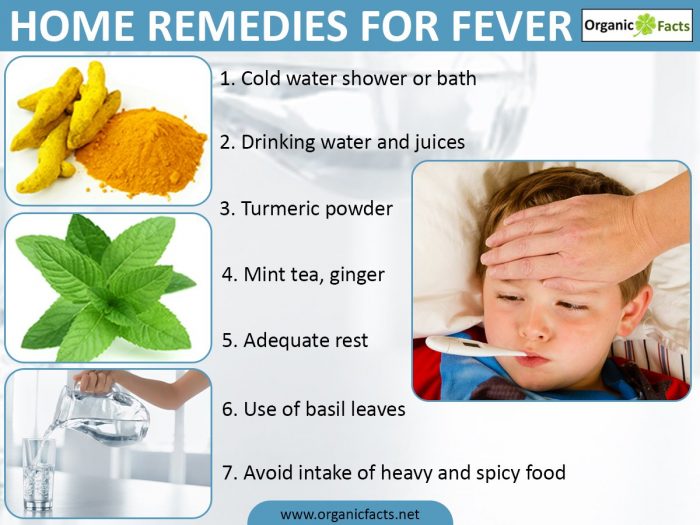Spectacular Info About How To Get Rid Of A Fever In Day
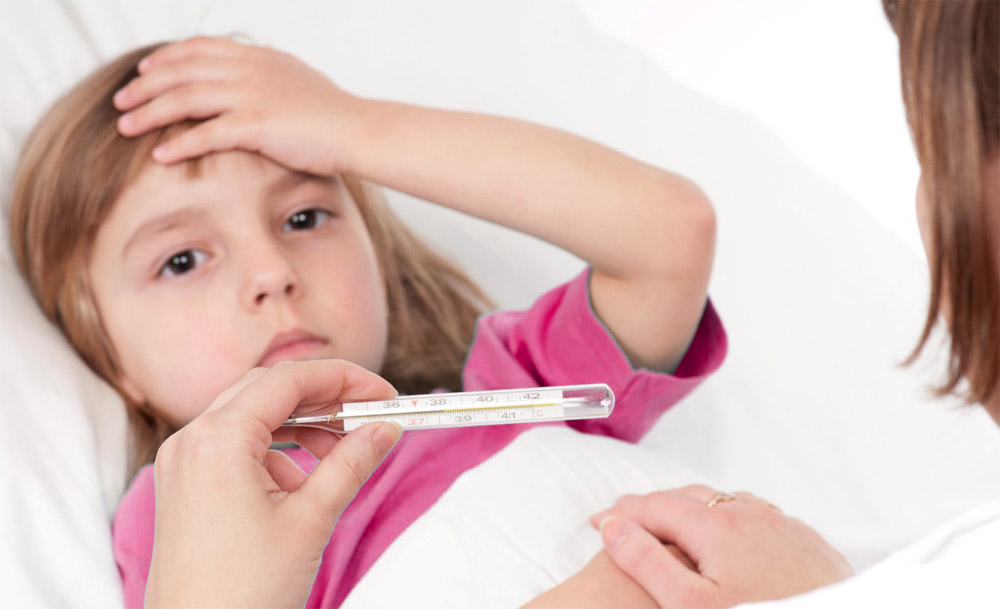
Reducing your fever can help safely and quickly reduce symptoms like headache, chills, and sweats.
How to get rid of a fever in a day. If your fever is from a viral infection, then it may be difficult to treat. Stay cool by removing extra layers of clothing and blankets unless you have the chills. How do you break a fever?
Normal body temperature is different for everyone and changes during the day. Keeping rooms at a cool. Reducing a fever in adults.
This is insane and i’m amazed! Prolonged fever can lead to dehydration. But in most cases, you don’t necessarily have to break a fever.
1 wear light clothing. You need to rest in order to recover and reduce a fever. If your fever symptoms are uncomfortable, you can alleviate them with ibuprofen (motrin) or acetaminophen (tylenol).
Wash your hands regularly to prevent germ spread. Use a saline nasal spray. In children between the ages of 6 months and 6 years, fever can trigger convulsions.
Try a layer of lightweight clothing, and one lightweight blanket or sheet for sleep. Avoid contact with others until the. A fever over 104º f, or when the person has a compromised immune system or is undergoing chemotherapy treatment.
Take nasal or throat samples to test for respiratory infections. There are some instances of fever that you should always get checked out. From extra hydration to otc medication, find out the fever remedies that experts suggest to bring down your temperature and find relief.
Any fever over 100.4º f in a baby under 3 months. Covering your nose and mouth when coughing and sneezing, ideally with a tissue or the crook of your elbow. I just got my new exam and my #eyesight got way better!
By lisa esposito | medically reviewed by paul krieger, md | feb. Five days is not an arbitrary number. A fever of 42.4°c or higher, particularly in the elderly, can permanently damage the brain.
And if you need to go out in public during that time or interact with people, you should wear a mask. These rules say people should isolate only if they have a fever and other symptoms are mild or improving. Ask questions about your symptoms and medical history.


